-
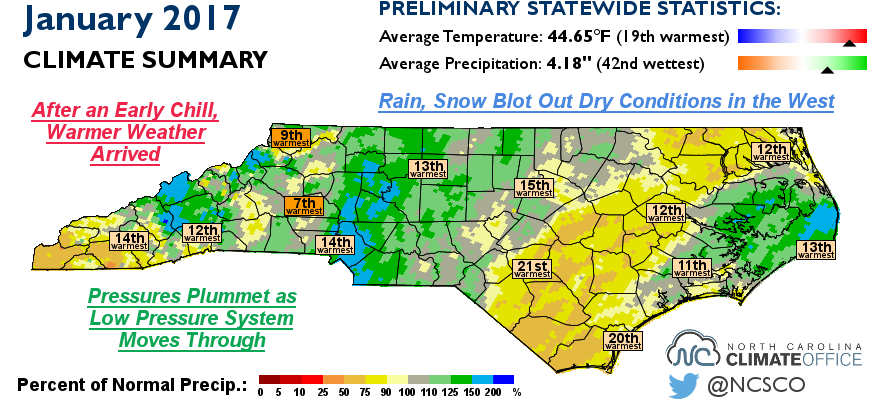
The State Climate Office of North Carolina has released their monthly climate summary for January 2017. You can find it at https://climate.ncsu.edu/climateblog?id=226&h=5666e5c1.
Posted in: Climate summaries -
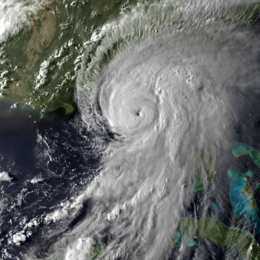
Final reports on Hurricane Hermine and Tropical Storm Julia are now available from the National Hurricane Center. You can find the one for Hermine at https://www.nhc.noaa.gov/data/tcr/AL092016_Hermine.pdf and the one for Julia at https://www.nhc.noaa.gov/data/tcr/AL112016_Julia.pdf. The report for Hurricane Matthew is still being finalized and will be available in a few weeks.
-
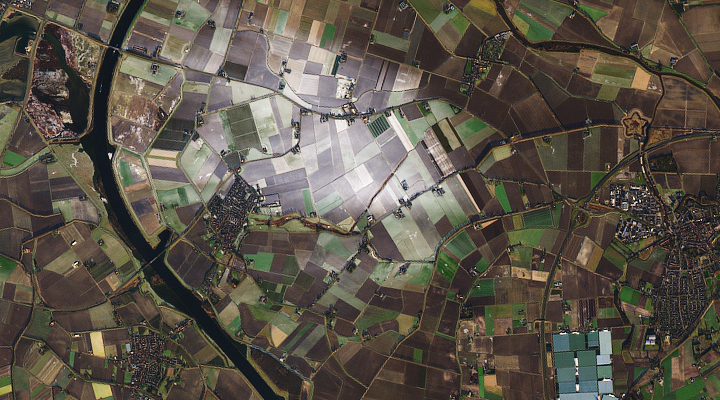
NASA’s Earth Observatory had some interesting pictures this week about localized snow in the Netherlands. They think it was caused by changes in fog over small areas to snow due to the seeding of ice crystals, which changed the liquid fog droplets into ice crystals that consolidated into snowflakes. In the areas affected 1-2 inches…
-

NOAA released their latest monthly outlook today for the month of February. The projections for the next month are for an increased chance of warmer than normal temperatures, a continuation of now 12 consecutive months of above normal temperatures for many areas in the Southeast. Projections for precipitation are for equal chances of above, near…
-

In the last five years I have spent much of my time talking about climate to extension agents and agricultural producers. I have learned so much from them about agricultural production and the decisions farmers need to make in their daily work scheduling as well as their long-term planning. Weather and climate are always on their…
-
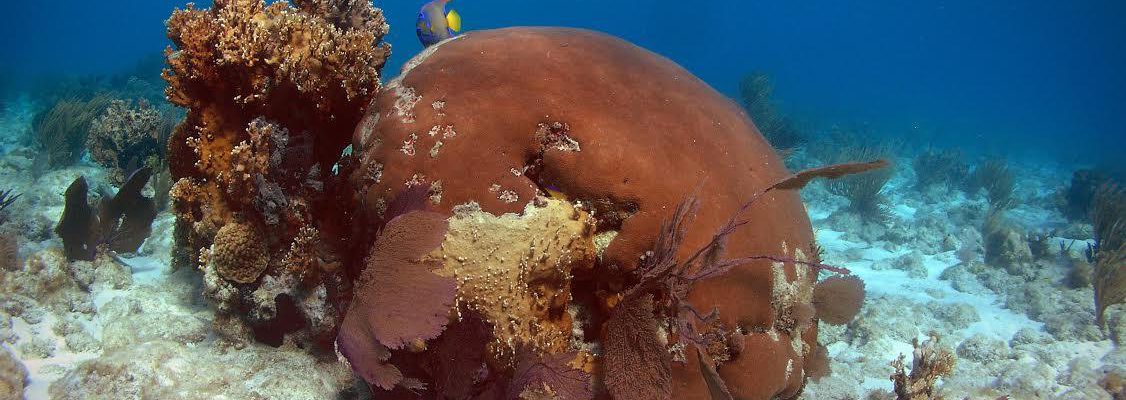
The US Geological Survey has an interesting story about the utility of Florida corals to track long-term variations in regional climate. Similar to tree rings, coral growth patterns can be used as proxy data to study changes in ocean temperature over time. These patterns show that there are multi-decade oscillations in sea surface temperature that…
-
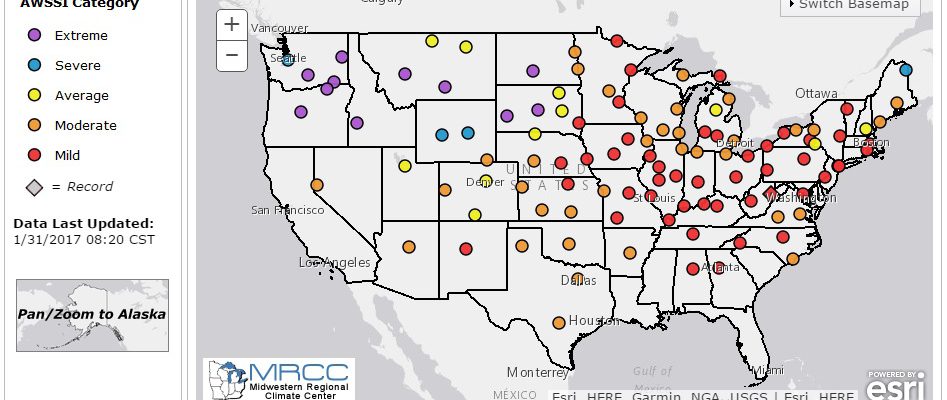
My friend John Feldt of Blue Water Outlook has an interesting post (shown below) discussing the severity of the winter this year using the AWSSI index. He explains it below and provides a link to the Midwestern Regional Climate Center’s web page describing winter severity across the US. You can go to the MRCC’s page…